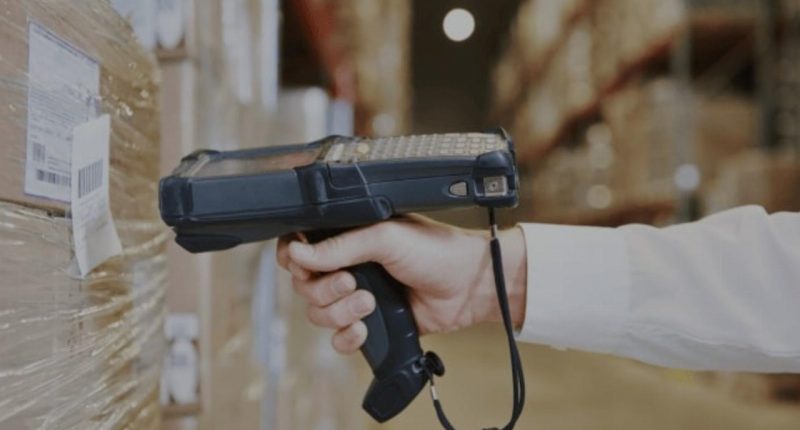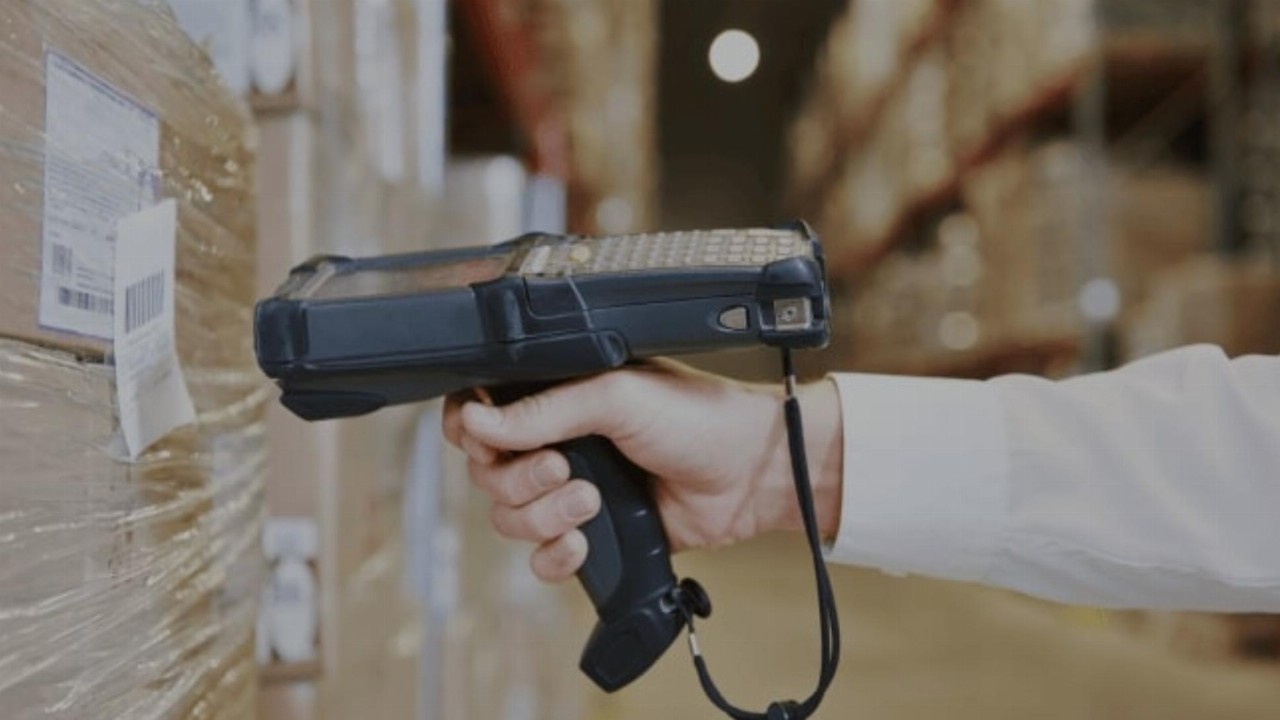- The global counterfeiting trade is worth US$1.2 trillion (A$1.8 trillion)
- The brand protection solutions sector, including anti-counterfeiting, is experiencing exponential growth and is expected to be worth more than US$27 billion next year
- ASX-listed YPB’s (YPB) unique tracer uses energy-sensitive particles that respond only to specific infrared wavelengths in YPB’s scanners, making them impossible to reverse engineer — adding an extra layer of security to products
- YPB’s innovation in 2023 has added Bluetooth for smartphone connectivity to the YPB scanner
- From manufactured raw materials to clothes to documents, tracer technology is important to a huge range of industries to stop counterfeiting
In today’s globalised world, the theft of intellectual property has become a technological game of cat and mouse between counterfeiters and businesses.
While a fake brand t-shirt you may purchase on holiday may seem to be of minimal harm at scale, the problem of counterfeiting is deeply ingrained into the global industrial and supply chain landscape and impedes metrics that businesses look for when assessing product tracking and marketing strategies.
According to the International Trademark Association (INTA), the global economic value of counterfeiting and piracy is estimated to be around US$1.2 trillion (A$1.8 trillion) per year, or about 2.5 per cent of global trade.
Counterfeiting is widely prevalent in fashion and other luxury items and has been for decades, but it also affects important day-to-day products such as electronic devices and pharmaceuticals.
These counterfeit products erode the value of a brand and can damage a company’s reputation, leading to lost sales and revenue, a decrease in demand for a company’s products, and lower market share.
Australian-based tech company YPB Group’s (YPB) suite of anti-counterfeiting products is helping to secure packaging and provide product tracking and tracing systems, as well as brand protection software solutions, for government agencies and businesses, with active trials in the US, Asia, Middle East and Australia.
The YPB tracer tech
In the anti-counterfeiting realm, tracer technologies come in the form of specialised materials or substances that are used to identify and track products along the supply chain journey.
These tracers can be in the form of chemicals, dyes, or microscopic particles and are often incorporated into the product during the manufacturing process.
One of the key benefits of tracers is their difficulty to replicate, which facilitates the detection of genuine products and the identification of counterfeits.
Tracers are also non-invasive, meaning they do not alter the appearance or functionality of a product, making them a more acceptable marking method for consumers. For example, they are verified by SGS to meet food safety requirements for USA, EU and China.
YPB’s patented tracer is easily incorporated into the raw materials used in the manufacture of the relevant product — or its packaging — and causes no disruption to the existing production line or distribution processes.
The company has successfully applied its covert tracer technology to products ranging from driver’s licenses, electronic components, pharmaceutical packaging, artwork, clothing, building materials and more.
What sets YPB apart from others in the anti-counterfeiting space is its use of specific energy-sensitive particles in its tracers that respond only to certain infrared wavelengths — a security measure impossible to copy or reverse-engineer yet easily detectable by YPB’s proprietary, hand-held scanners.
The tracers cannot be seen or removed and can be linked to existing anti-counterfeiting technologies such as OVI ink and holograms, adding an extra layer of protection for products.
Opportunities
Mordor Intelligence’s report Brand Protection Solutions Market – Growth, Trends, and Forecast (2019 – 2024), has estimated the value of the brand protection solutions sector — of which anti-counterfeiting solutions make up a large chunk — at approximately US$17.1 billion in 2019 and expects it to grow to US$27.4 billion by 2024 at a compound annual growth rate (CAGR) of 9.9 per cent.
As the threat of counterfeiting continues to grow, businesses and governments are more inclined than ever to invest in anti-counterfeiting solutions in order to protect their brands and ensure the authenticity of their products.
YPB’s advanced tracer technology is widely accepted as an example of the next tool utilised to combat counterfeiting, and governments are already sniffing around its usefulness to help protect against document falsification (passports, driver’s licenses, birth certificates, visas, currency and the like).
The ability of YPB to introduce its advanced tracer technology to a wide range of industries looks enormous. For potential investors, this one’s at ground level as the company looks to make its mark in product protection and verification.








